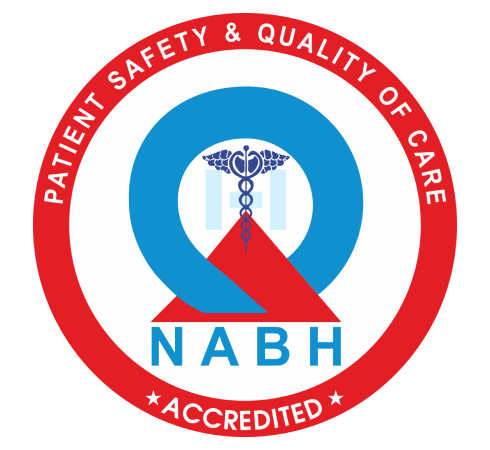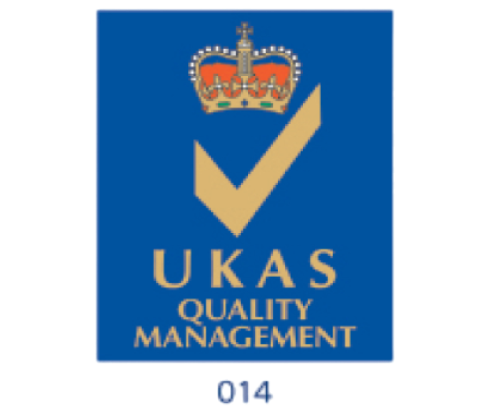
Let’s be real—getting a CT scan isn’t exactly on anyone’s bucket list. The idea of lying still in a giant machine while it whirls and hums around you isn’t the most comforting thought. And then there’s the word radiation, which sounds a little too sci-fi for comfort. But here’s the good news: medical advancements have given us low-radiation CT scans, designed to minimize exposure while still getting the job done. So, let’s break it down—what are these fancy new scans, and should you be asking for one the next time your doctor says, “Let’s take a closer look”?
Understanding CT Scans and Radiation Exposure
A CT scan, or computed tomography scan (fancy name, right?), takes detailed cross-sectional images of your body using X-ray technology. It’s a superhero in the medical world, helping doctors detect everything from lung issues to kidney stones. But traditional CT scans come with a little catch—they use ionizing radiation. Now, before you panic, it’s not like you’re getting zapped with superpowers (although that would be cool). The amount of radiation is generally safe for occasional scans, but if you need frequent imaging, long-term exposure can raise concerns. That’s where low-radiation CT scans swoop in to save the day.
How Do Low-Radiation CT Scans Work?
Think of low-radiation CT scans like an energy-efficient light bulb. They do the same job, just using less power. Thanks to smarter imaging software, improved scanner settings, and AI-assisted image reconstruction, these scans cut down on radiation without sacrificing clarity. In other words, they’re like the HD version of medical imaging but with less exposure. The main difference between a traditional and a low-dose CT scan is the intensity of radiation used—same images, just with a gentler touch. And the best part? You probably won’t even notice the difference (but your cells might quietly thank you).
Are Low-Radiation CT Scans Effective?
Short answer: Yes. Long answer: Absolutely, with a side of scientific backing. Studies have shown that low-radiation CT scans are just as reliable for diagnosing most conditions, especially for things like lung cancer screening, abdominal issues, and routine monitoring. Now, if you’re dealing with highly detailed imaging needs—think intricate brain scans—your doctor might still recommend the full-strength version. But for a lot of cases, going low-radiation is like choosing the lighter setting on your toaster: it gets the job done without overdoing it.
Who Should Consider Low-Radiation CT Scans?
If you’re someone who needs regular scans, this is where low-radiation CT really shines. Cancer patients undergoing routine monitoring, people with chronic lung conditions, and even those getting preventive screenings (like smokers checking for lung issues) can all benefit. And let’s not forget kids—since their developing bodies are more sensitive to radiation, pediatric scans should always be done with the lowest dose possible. If you’re just getting a one-off scan, regular CTs are perfectly safe, but if it’s a repeat performance, it’s worth asking about the low-radiation option.
Safety of Low-Radiation CT Scans
So, are low-radiation CT scans safe? Absolutely. They follow strict guidelines from health authorities like the FDA and the American College of Radiology to ensure patient safety. In fact, radiologists are always looking for ways to minimize exposure without affecting image quality—because, let’s be honest, no one wants unnecessary radiation. The bottom line? If your doctor recommends a CT scan, rest easy knowing that the benefits of catching potential health issues early far outweigh the minimal risks involved.
Finding the Best Low-Radiation CT Scanning Centre in Thrissur
Not all scan centers are created equal, so if you’re in Thrissur and need a CT scan, make sure you’re choosing a place with advanced low-dose imaging technology. Look for a center with experienced radiologists who know how to adjust settings for the lowest necessary radiation dose while still getting crisp, clear images. And if they have perks like a comfortable waiting area or 24/7 emergency services, even better—because let’s face it, no one likes waiting in a cold, sterile room for their turn in the scanner.
Conclusion
Low-radiation CT scans are a big win for medical imaging, making diagnostics safer while keeping the quality top-notch. Whether you need frequent scans or just prefer to err on the side of caution, it’s worth asking about the low-dose option. Have you ever had a CT scan? Did you even think about radiation levels, or were you too busy wondering how long you’d have to hold your breath? Share your experience in the comments—we’d love to hear your thoughts!



